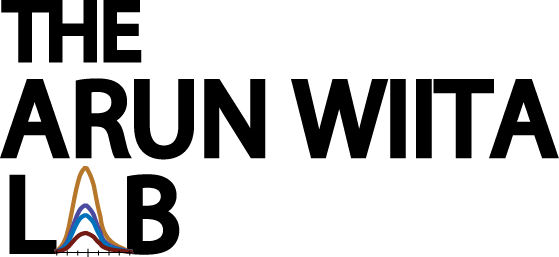Interested in proteomics and related data analysis but don't know where to start? Our 2-day hands-on workshop for Bay Area academic and industry scientists is for you!

Link: Register Here
Maximum attendance is ~50 participants.
Thank you for your interest! All seats are claimed but there is a waitlist at the link above
Link: Agenda
Overview of workshop

Detailed introduction:
Quantitative Mass Spectrometry based proteomics approaches have been undergoing huge improvements over the last decade owing to advances in instrumentation and sample preparation methods. These have been largely driven by shotgun approaches and targeted approaches. The shotgun approaches are also known as data dependent discovery proteomics approaches, and they have been used to quantify proteomes from various sample types. The targeted approaches such as Selected Reaction Monitoring (SRM) and Parallel Reaction Monitoring (PRM) are the method of choice for quantifying proteins of low abundance with a high degree of accuracy in clinical isolates as well as other complex biological sample types. These approaches have also overcome the limited scalability and reproducibility of shotgun approaches but suffer from identification of only a limited number of proteins per run making them more suitable for hypothesis-based or validation studies. The last few years have seen the emergence of a new approach called the Data Independent Acquisition (DIA). In this approach, the fragment ion spectra are systematically acquired using deterministic peptide ion isolation windows spanning the entire mass range expected to house most digested peptides. Latest developments in ion-mobility, new acquisition schemes, data analysis workflows and software tools have propelled the use of DIA towards consistent quantification of thousands of proteins from complex sample cohorts.
Effective sample preparation is pivotal for successful proteomics experiments, as it is a major source of data variability. This process involves steps like cell lysis, biomolecule recovery, and downstream processing, each requiring careful optimization for compatibility with LC-MS/MS analysis. Specialized approaches have emerged, streamlining workflows and improving reproducibility. This workshop will focus on sample preparation for proteomics, troubleshooting common challenges, and introducing various workflows for efficient processing. Despite challenges, advancements in mass spectrometry now allow for the detection of thousands of proteins from biological samples. The workshop aims to introduce participants to sample preparation, mass spec data acquisition, and data analysis. Attendees will understand a comprehensive overview of MS-based proteomics data analysis, including live MS data processing. Additionally, the workshop provides a comprehensive introduction to advanced targeted proteomics, including the analysis of datasets, protein target validation, and protein interaction analysis.
